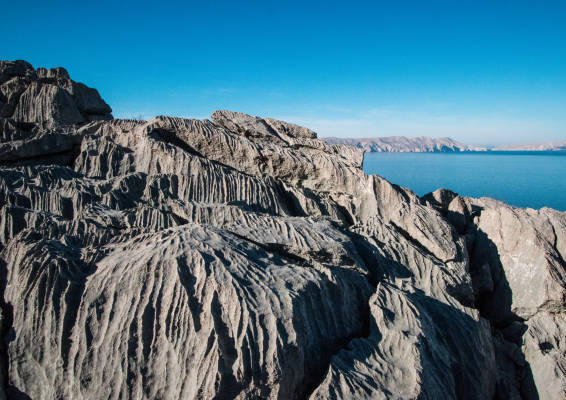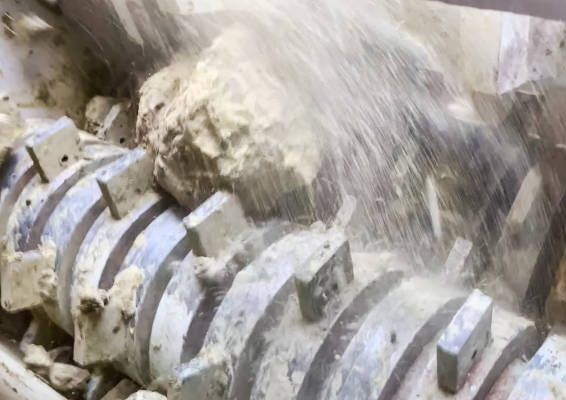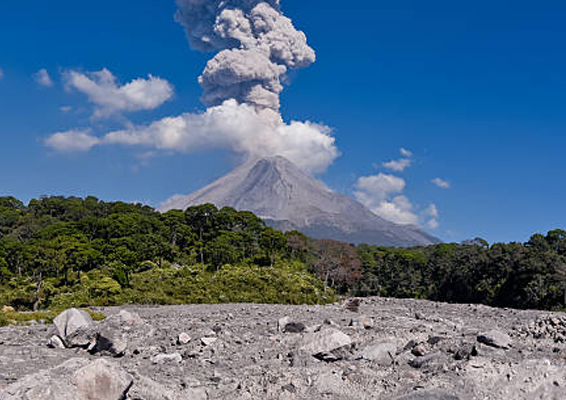Weathering
Weathering rocks play a crucial role in the formation of soils, the cycling of nutrients, and the transport of elements in the Earth’s crust. They also have significant impacts on landscapes, affecting erosion rates, water chemistry, and biological activity. Natural Weathering VS Enhanced Weathering vs Volcanic Event Weathering
Natural Weathering
This occurs through mechanical forces such as temperature changes, freeze-thaw cycles, wind abrasion, water erosion, and biological activity. Since it can takes ten of thousands of years for rock to breakdown naturally, techniques have been developed to “speed up” the process.


Enhanced Rock Weathering
Basalt being the most common volcanic rock used in agriculture, generally has a higher density and larger particle size and requires extensive processing to be made suitable for agricultural applications.
ERW or Enhanced Rock Weathering, is a technique that involves crushing and spreading certain types of rocks, such as basalt, on the Earth’s surface to enhance the natural process of weathering. This method aims to speed the up natural weathering process by grinding the into smaller particles that rocks can react with CO2 more efficiently. Experimental studies have shown that pulverized basaltic rocks can chemically react with carbon dioxide and permanently store carbon as stable mineral compounds
Volcanic Eruption Weathering
Volcanic ash weathering is the process by which volcanic ash, which is composed of small particles of volcanic glass and other volcanic materials, breaks down and weathers, undergoing chemical and physical changes over time due to exposure to the Earth’s atmosphere and surface conditions. These processes can break down the ash into smaller particles and can also shape the ash into different landforms such as ash dunes or ash flows.
Chemical weathering of volcanic ash involves the alteration of its mineral composition through chemical reactions. This can occur through processes such as hydration, oxidation, and dissolution.
Biological weathering can also contribute to the breakdown of volcanic ash. Plants and microorganisms can colonize the ash, and their activity can contribute to the physical and chemical weathering of the ash. For example, plant roots can grow into the ash, causing physical breaking and lifting of the particles. Microorganisms can also produce acids that can react with the ash, leading to chemical weathering.

Let’s work together on a better tomorrow
Join our
CARBON SINK PROGRAM
The Oregon SI Method is the development of sustainable farming methods that is essential in combating climate change
and reducing greenhouse gas emissions. This proposed method to aims transform row crops into carbon sinks by incorporating Oregon SI into the soil.